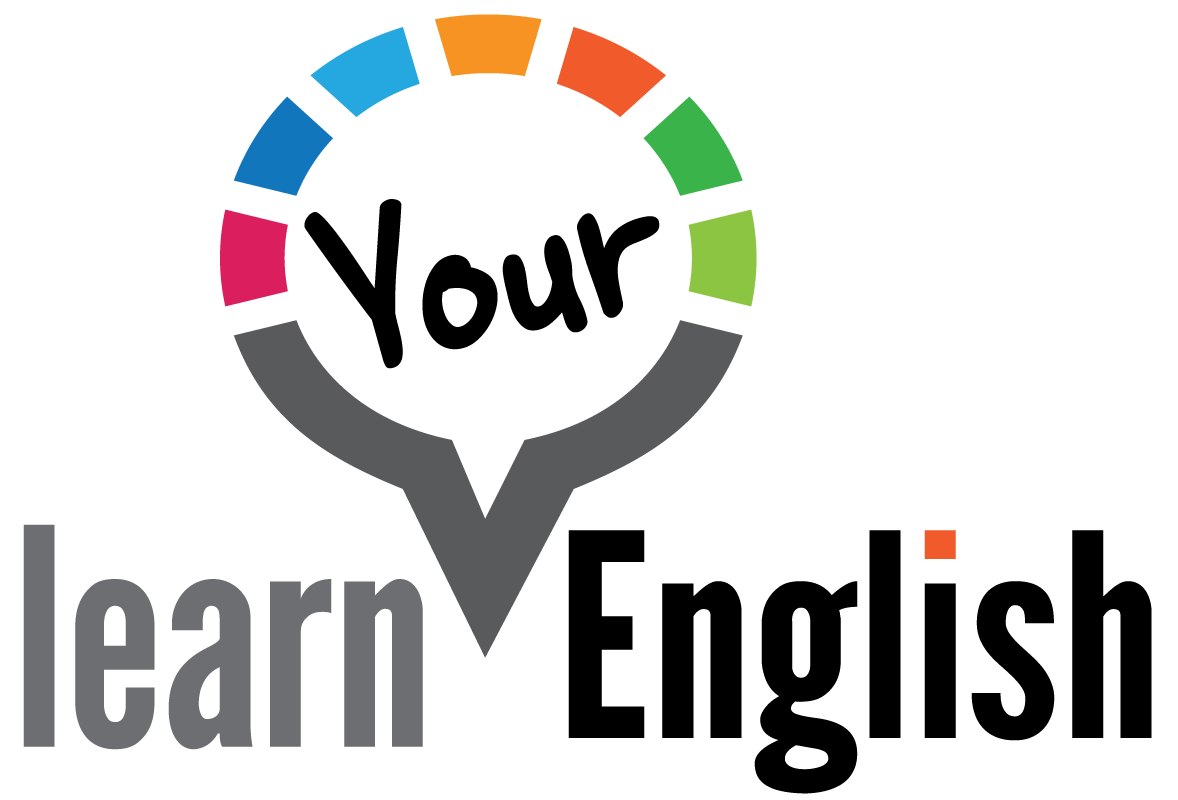Corrective Feedback 4: Exploring the Discourse with Dr. Yucel Yilmaz
We're thrilled to announce our new partnership with Carleton University in Ottawa, Canada, to produce an 8-part mini series on the topic of Corrective Feedback. The series explores the area of corrective feedback through interviews with 8 scholars in the field. All interviews are conducted by students in Dr. Eva Kartchava's MA class at Carleton University as a means of assessment to connect researchers to their audience and have her students generate a greater level of understanding and investment in the research from the course. If you are interested in having a similar series produced for your class or institute, you can contact us: info@learnyourenglish.com
Dr. Yilmaz is a professor of Second Language Studies at Indiana University Bloomington. He teaches and researches several areas in second language acquisition, with a focus on how to offer effective (negative) feedback to language learners in both technology-mediated and in-person environments. He is also interested in the role of cognitive individual differences in the effectiveness of corrective feedback.
In this episode, Dr. Yilmaz discusses:
the interactionist approach
explicit correction versus recast
why direct feedback being more effective needs to be taken with a grain of salt
computer versus face-to-face mediated feedback
how to implement oral and written feedback
how teachers can learn about corrective feedback research and apply it to their own contexts
*This interview was conducted by Heather Shugart, Aria Rubinoff, and Fereshteh Khaffai Azar.
Throughout the series, MA students from Dr. Kartchava's class will interview leading experts in the field of corrective feedback. We thank Dr. Kartchava for joining this episode and for spearheading this initiative
Interested in Continuing your Teacher Development?
Join the LYE Development Program
For more info on what we do at LYE, check out:
Our Teacher Development Membership
About Dr. Yucel Yilmaz
Dr. Yilmaz is a professor of Second Language Studies at Indiana University Bloomington. He teaches and researches several areas in second language acquisition, with a focus on how to offer effective (negative) feedback to language learners in both technology-mediated and in-person environments. He is also interested in the role of cognitive individual differences in the effectiveness of corrective feedback.
He has been published in many academic journals, including:
TESL Canada Journal
Language Learning
Journal of Second Language Studies
Modern Language Journal
International Journal of Applied Linguistics
Podcast Creation:
This episode was created with support from Thinkific & Podbean. If you're looking to launch a course or start a podcast, we highly recommend them - and use them ourselves.
As always, thank you for listening. Your support has been overwhelming and we couldn't do what we do without you. We hope this podcast serves as an effective CPD tool for you.
If you have a comment or question about today's show, we'd love to hear from you: info@learnyourenglish.com






